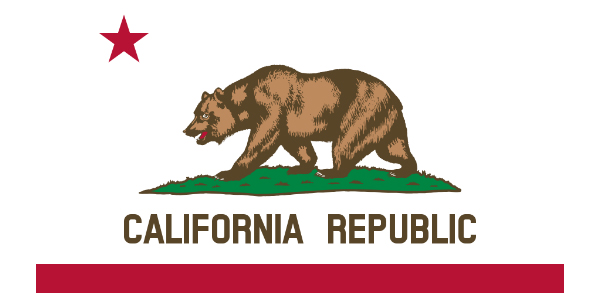California Expands Marijuana Employment Antidiscrimination Law

On October 7, 2023, California Governor Gavin Newsom signed Senate Bill (SB) No. 700 into law, expanding California’s Fair Employment and Housing Act to protect applicants from discrimination based on prior cannabis use, with certain exceptions. The amendment takes effect on January 1, 2024. Quick Hits SB 700 amends California’s Fair Employment and Housing Act to prohibit […]
California Passes Bill Protecting Employees’ Off-Duty Marijuana Use

California employers may soon be barred from discharging employees or refusing to hire individuals based on their off-duty use of marijuana, under a new bill headed to the governor’s desk. On August 30, 2022, the California legislature passed Assembly Bill (AB) 2188, which would prohibit employers from discriminating against “a person in hiring, termination, or […]
California Bill Proposes to Prohibit Employment Discrimination Against Marijuana Users

A bill recently introduced in the California Assembly proposes to prohibit discrimination against employees who use cannabis off the job. The legislation, Assembly Bill (AB) No. 2188, would amend California’s employment antidiscrimination law, the Fair Employment and Housing Act (FEHA), and make it an unlawful practice for an employer to discriminate against an adult applicant or […]
